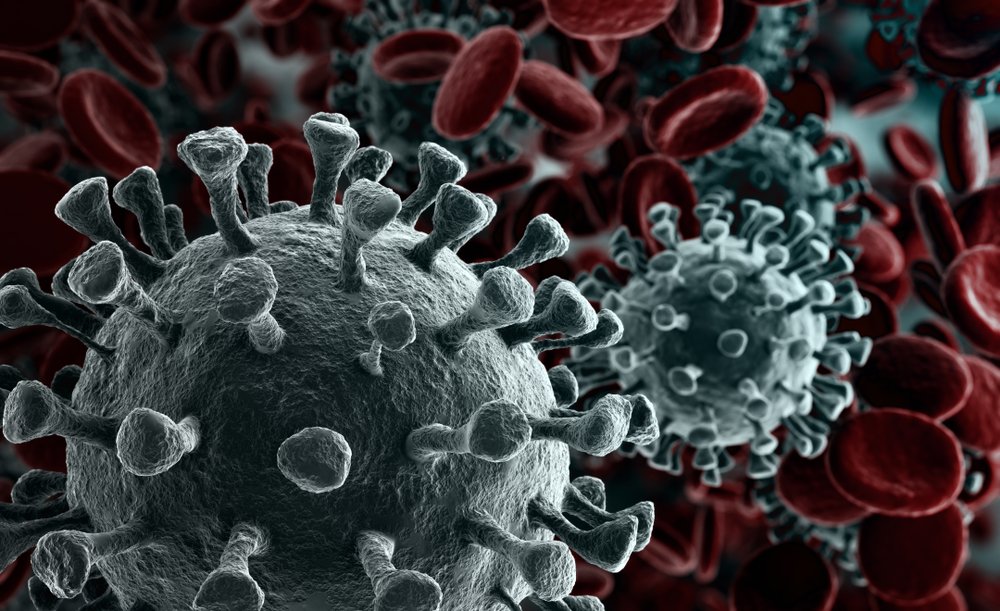
The world is paused. But is it? Just because the world is experiencing a pandemic does not mean that the rest of the world’s ailments all of a sudden go away. Their priority may fall in ranking, but they persist. Health and disease continue.
I ate lunch and had severe abdominal pain shortly thereafter. Perhaps a bout of bad acid reflux, I thought, but the pain persisted into dinner, and when I was unable to lay down to get comfortable or to fall asleep, I knew something was amiss. I wanted to give the heating pad another hour to help, but my husband, a non-physician, insisted. We drove up to the ED because I was uncertain I would be able to walk the distance from the parking lot to the entrance. We were met with masked faces warmly asking what we needed. I was dropped off, and in an outdoor makeshift triage station that was empty except for the two masked nurses outside, a few tables, and portable patient dividers, I was asked the usual series of triage questions which granted me passage to the indoor waiting room of the ED.
It was midnight Friday night, and I was the lone occupant of the waiting room. I was whisked back, and before I knew it, CT scan was done, ED physician informing me I had acute appendicitis. Sleeping and brief periods of consciousness alternated as I waited for surgery. Being rolled in my hospital bed to the OR, the hallways were empty. The usual cacophony of the asynchrony of dings from the patient call lights was absent. Every bump that my bed rolled over was amplified in the silence and felt like a painful jostle of my abdomen. I remember scooching over to the OR table and waking up in the PACU, still under the effects of anesthesia, making the nursing staff laugh with my uninhibited jokes. Back to my room I went. A few hours later, grateful that my anesthesiologist paid heed to my history of severe post-op nausea and vomiting, I was able to eat a regular diet. Three small incisions but feeling like I had done 1,000 sit-ups with no six-pack to show for it.
First urination after surgery, hallelujah! First flatus passed after surgery, hallelujah! And for those few hours post-op, I had forgotten we were in the middle of a pandemic. I consider myself lucky to have had appendicitis during the seemingly prepared lull before a seemingly more and more imminent storm.
What of the seemingly imminent storm that rumbles while other ailments continue?
Waiting for the other shoe to drop. A sense of foreboding. Seeing the experience of the rest of the world, of our colleagues in New York, Washington, Louisiana: Could their experiences be ominously predicting our own fate, or maybe not? No one knows. The only certainty in life is that it’s uncertain. And while the world is on pause, diseases still occur, and health care professionals, while in the middle of the storm, or readying for it, will still continue to care for all of the other human conditions. This is a certainty, an absolute.
We, however, are expert catastrophizers. Trained to do so on behalf of our patients. This honed skill, perhaps more important than ever, to save humanity. But what of us? The catastrophizers bearing the burden of the world’s suffering are at the highest risk for crumbling, for breaking, under the weight. Already in a fragile state from burnout, the pandemic weighs heavy on our souls as health care professionals. Pre-traumatic experiences, post-traumatic experiences, the moral injury, the death, and human suffering that has and will come from all of this.
Could COVID-19 be an opportunity that brings the plight of health care professionals finally to the forefront? Protect us so we can protect you. Do your part and stay home. Flatten the curve to give health care professionals a chance. Donate PPE. Donate food. And yet through this war, we, health care professionals, along with the entirety of humanity, are united against a common, invisible enemy. We are all human; we all seek to be healthy and happy, all deserving of love and connection. Are we able to remind ourselves that health care professionals have never been so united before? That humanity has never been so united? Can all the health care professionals, no, all of humanity bear the weight of the world together? We can; we must. For our sake. For humanity’s sake.
Ni-Cheng Liang is a pulmonary physician and founder, the Mindful Healthcare Collective.
Image credit: Shutterstock.com
